- Our studies
- Our research
- Publications and resources
- Data access and training
- About
- News
- Events
- Get in touch
- Join our mailing list
Welcome to our news and blogs section. Here you’ll find the latest developments and insights from across our longitudinal studies.
Growing Up in Digital Europe (GUIDE) is the UK pilot of a major European initiative to create internationally harmonised data for research on child development and wellbeing.

Nearly two fifths of 17-18 year olds from the most disadvantaged areas have struggled to receive the mental health support they need in the past year.

A tribute to the founding director of the UCL Centre for Longitudinal Studies and professor of education who sadly passed away on 22 August 2023.

Up to 34% of A-level students are considering living at home if they get into their preferred university next week, according to new UCL and Sutton Trust research, using data from the COVID Social Mobility & Opportunities (COSMO) study.

Men are 34% more likely than women to be employed in top jobs at age 42 with overconfidence explaining up to 11% of the gender gap, on average, for full-time workers.
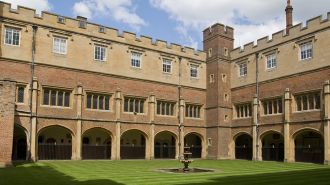
People educated at private schools are twice as likely to be consistent Conservative voters and 50% more likely to hold right-wing opinions than those who had a state education, a new UCL study has found.
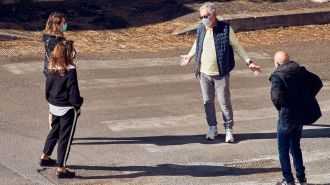
British adults aged 50 and above experienced their highest-ever levels of mental ill health during the COVID-19 pandemic, even surpassing the well-known peak in midlife, according to new research published in PLOS Medicine.
Generation Z children born into the poorest fifth of families in the UK are 12 times more likely to experience a raft of poor health and educational outcomes by the age of 17 compared to more affluent peers, finds a new report led by UCL researchers.
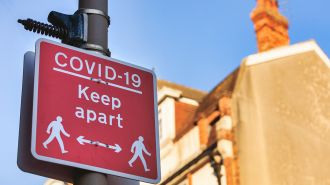
Mental health problems like anxiety and depression were more common among younger generations before the COVID-19 outbreak — but the gap between young and old became even wider during the pandemic, according to new research based on five UK longitudinal studies.

Up to one in five adults with a history of poor mental health reported they were ‘much worse off’ financially a year into the COVID-19 pandemic, compared to one in ten of those who had never had psychological problems in adulthood.

Four in five students report that their academic progress has suffered, and two thirds say their future educational plans have changed due to the pandemic.
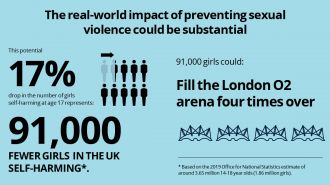
The prevalence of serious mental health problems among 17-year-olds could drop by as much as 16.8% for girls and 8.4% for boys if they were not subjected to sexual violence, such as sexual assault and harassment, according to estimates from UCL researchers.
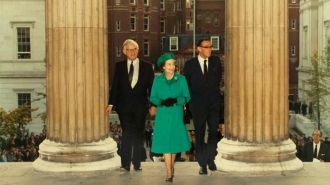
We join in the sadness felt among the UCL community at the death of Her Majesty The Queen, Queen Elizabeth II.
Ryan Bradshaw
Senior Communications Officer
Phone: 020 7612 6516
Email: r.bradshaw@ucl.ac.uk